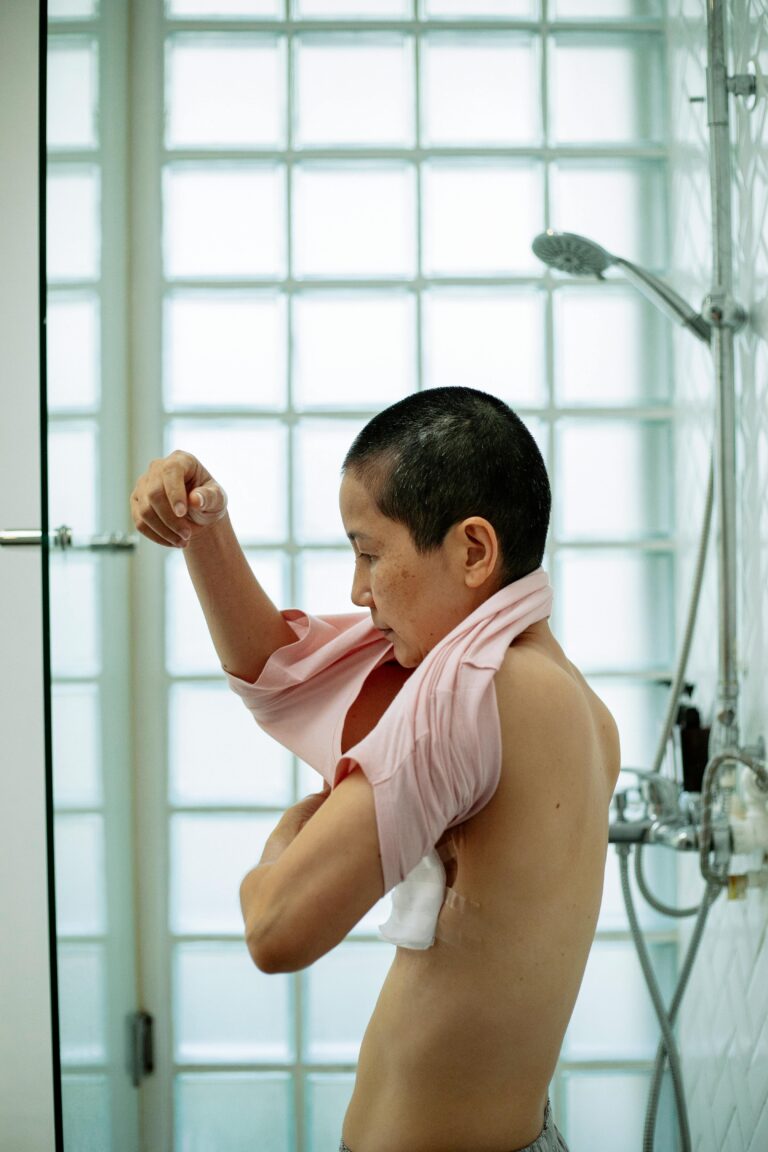Pain Points for Cancer Patients and How to Manage Them

pain points for cancer patients
Cancer treatment, while life-saving, often comes with challenging side effects due to the impact of chemotherapy and radiation on both cancerous and healthy cells. During treatment, controlling these symptoms is essential to preserving quality of life.
These are the most common pain points cancer patients face, and how diet can help with them.
Mucositis – Painful Mouth Sores
One of the most distressing side effects of cancer treatment is mucositis, a painful inflammation and ulceration of the digestive tract lining that leads to discomfort, reduced appetite, and difficulty eating.
- Hydration: Staying hydrated is key to preventing this, as it helps keep the oral mucous membranes moist.
- Oil Pulling: Oil pulling with coconut oil (swishing 1 tablespoon for 5-10 minutes daily) can help reduce inflammation and ulceration of the mucous membranes, due to its anti-inflammatory, antimicrobial, and moisturizing properties.
- Avoid Irritants: Avoiding irritants like spicy, acidic, or rough-textured meals helps to prevent further aggravation.
- Oral Hygene: Continue to maintain oral hygiene with gentle brushing and baking soda rinses (½ teaspoon baking soda in 2 cups of water) this encourages healing.
In certain situations, cryotherapy—sucking ice chips during chemotherapy—might help avoid mucositis. These strategies can significantly improve comfort and nutrition during treatment.
Fatigue and Weakness
Patients suffering from cancer-related fatigue may feel completely exhausted, making even basic daily tasks exhausting. Focusing on nutrition is essential to preventing this crippling side effect; eating foods high in protein, such as fish, poultry, eggs, lentils, and nuts, helps maintain muscle mass and strength, and consuming healthy fats, such as avocado, olive oil, and seeds, gives you sustained energy. Energy crashes can be avoided by drinking plenty of water and eating small, frequent meals. Iron-rich foods, such as leafy greens, lean meats, and nuts, can also help combat anemia-related exhaustion and maintain more consistent energy levels throughout the day. When it comes to treating chronic fatigue during treatment, these dietary changes can have a big impact.
Nausea and Vomiting
The most common side effect of chemotherapy is nausea and vomiting, which can severely diminish appetite and potentially lead to malnutrition if left unmanaged. To ease these symptoms, sipping ginger tea or sucking on ginger popsicles can provide natural relief, as ginger is known for its anti-nausea properties. Avoiding strong food scents and choosing cool or room-temperature foods reduces nausea triggers. Eat small, regular meals rather than large ones to help avoid overfilling the stomach., Attempt to sit or stand upright for at least an hour after meals. This will help ease discomfort and aid in digestion.
Poor Gut Health
Chemotherapy doesn't just target cancer cells—it also disrupts the delicate balance of gut bacteria, often leading to uncomfortable digestive issues like bloating, diarrhea, or constipation. During therapy, you can promote improved digestion and reduce discomfort by nourishing your gut microbiota with these dietary options.Focus on repopulating good bacteria by eating foods high in probiotics, such as kefir, kimchi, and yogurt, to repair your gut. Combine them with foods high in prebiotics for example, bananas, apples, onion,garlics, barley and oats which support the growth of beneficial gut flora. Avoid processed foods to lessen irritation to the gut lining, and drink plenty of water.
Unintended Weight Loss
Unintentional weight loss is common during cancer therapy since decreased appetite and muscle mass can impair general strength and immunity. Focus on high-protein meals, such as dairy, eggs, and lentils, at every meal to fight this and maintain muscle mass. To effectively increase energy intake, include calorie-dense foods like nuts, seeds, and healthy fats (like avocado and olive oil). Nutrient-dense smoothies made with nut butter, yogurt, and fruits are a simple and convenient option for people who have trouble eating to keep their protein and calorie intake up. These techniques assist the body's nutritional requirements during recuperation while preventing excessive weight loss.
Mental Health Challenges
The psychological effects of cancer treatment frequently show themselves as worry, anxiety, and despair, which makes the healing process much more difficult. Probiotics contained in fermented foods like yogurt and kombucha may reduce anxiety by promoting the gut-brain link, while omega-3 fatty acids, which are found in walnuts, flaxseeds, and salmon, have been demonstrated to help fight depressive symptoms. Certain foods serve as natural mood regulators for stress management: citrus fruits provide vitamin C to lower cortisol levels, nuts supply minerals like magnesium that reduce tension, and dark chocolate contains soothing ingredients. These dietary decisions can strengthen the foundation for emotional resilience during treatment, but they shouldn't be used in place of expert mental health support.
Recuperation and treatment tolerance can be enhanced by managing side effects with proper diet, hydration, and mental health. A balanced diet, gentle oral care, and mindful eating habits make a significant difference in navigating cancer treatment challenges.







